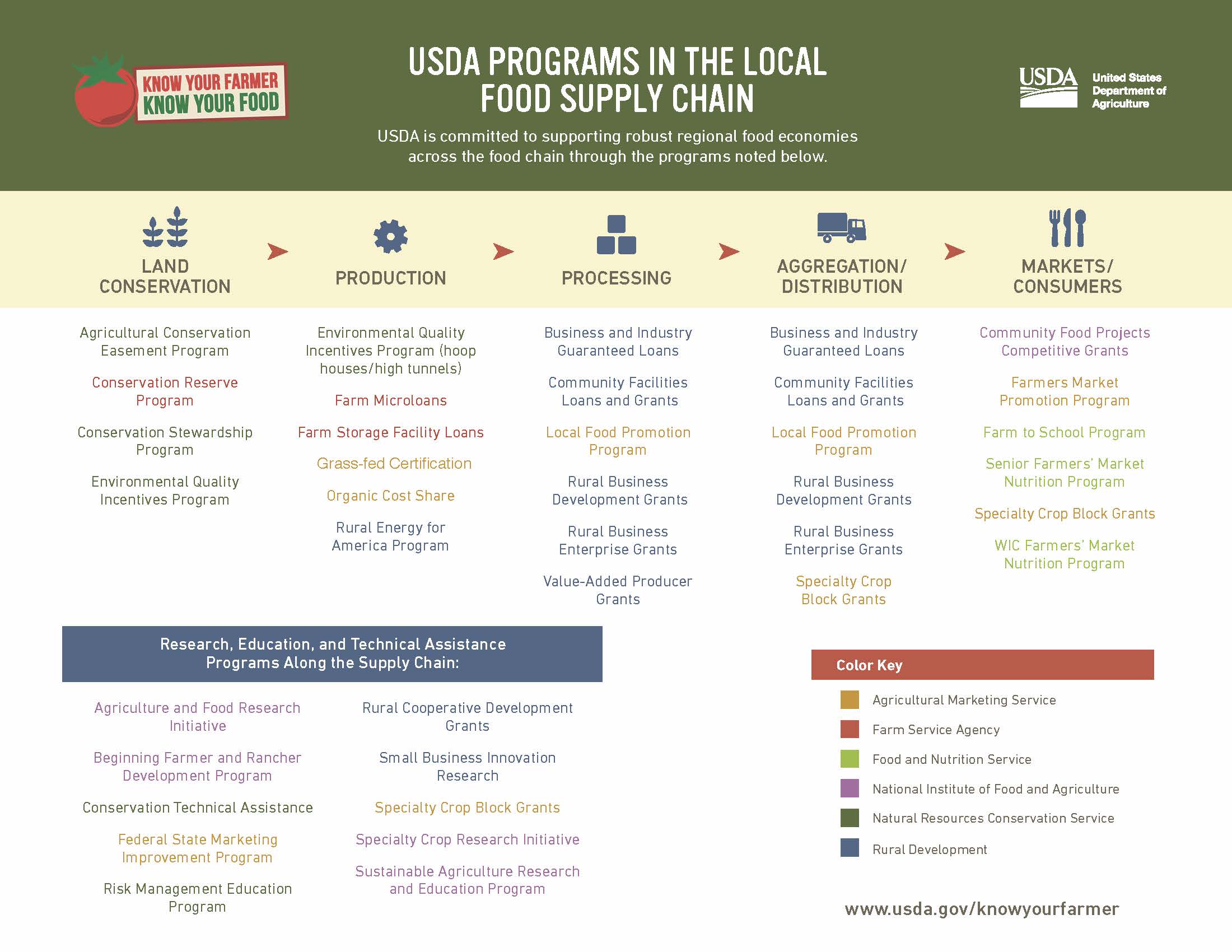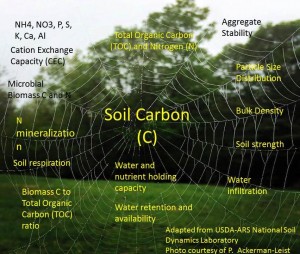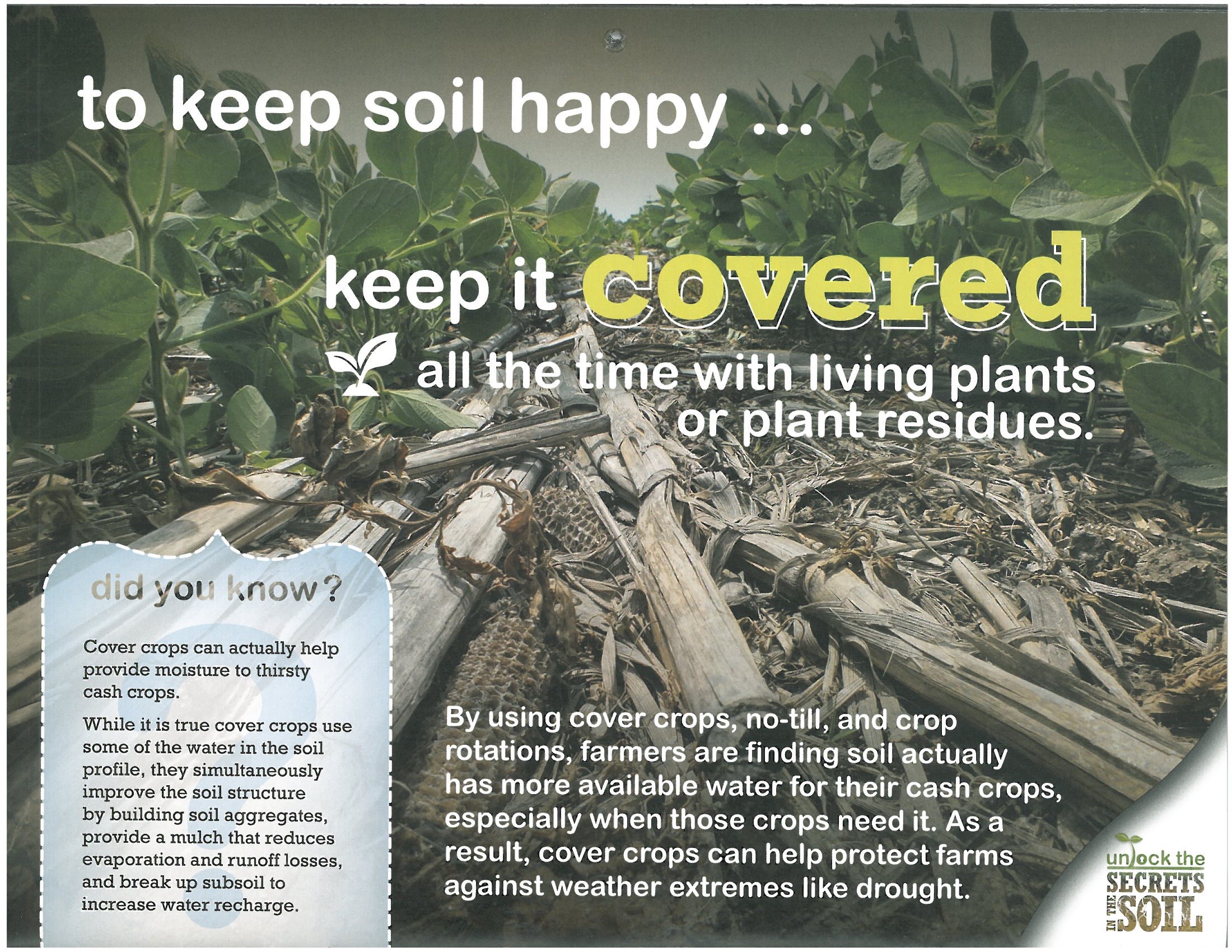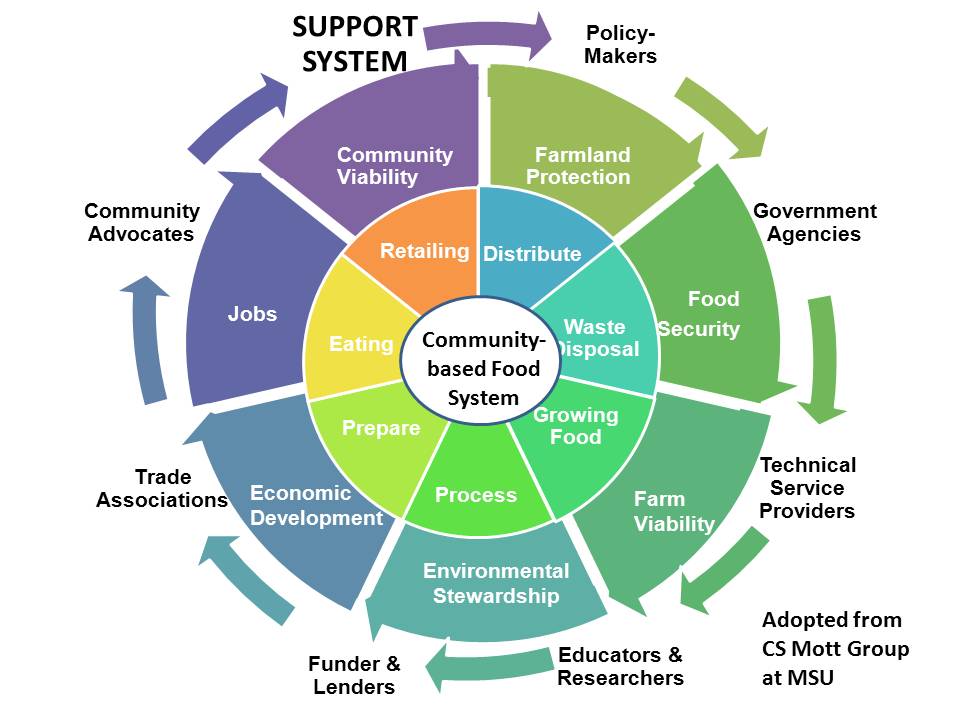Guest Contributor: Lauren Arbogast
As a former preschool teacher, my days once were filled with small groups, read-alouds, 4-year-old conversations, and yes – even testing at that young age. However, the math skills and pre-reading skills didn’t concern me as much as my thoughts on the whole child. In my classroom and school district, like most districts across the country, this included whether they had enough to eat outside of school hours. The alphabet suddenly takes a backseat when you’re looking into the vacant stare of a child that can’t focus enough to say the letters in their name, even though you know they mastered that skill months ago.
The issue of hunger across the Commonwealth and United States is startling. In 2011, statistics showed that more than 1 in every 6 children in Virginia was food insecure, meaning that they didn’t know where there next meal was coming from (1). Across the country, in 2013, 49.1 million Americans lived in food insecure households, including 33.3 million adults and 15.8 million children (2). Numbers in the millions are staggering, and can have a numbing effect in relation to personal relativity. But clearly, in my mind, no child should have to wonder about what they will eat, much less 15.8 MILLION of them across the nation.
As a member of the current VALOR (Virginia Agriculture Leaders Obtaining Results) through Virginia Tech, a fellowship program designed to “develop leaders who can effectively engage all segments of Virginia’s agricultural community to create collaborative solutions and promote agriculture inside and outside of the industry (3),” our class’s last learning opportunity took place in Richmond, Virginia. We had the pleasure of meeting with Virginia’s First Lady Dorothy McAuliffe, Secretary of Agriculture and Forestry Todd Haymore, Deputy Secretary Sam Towell, and Assistant Secretary Carrie Chenery to discuss current issues in agriculture across the state.
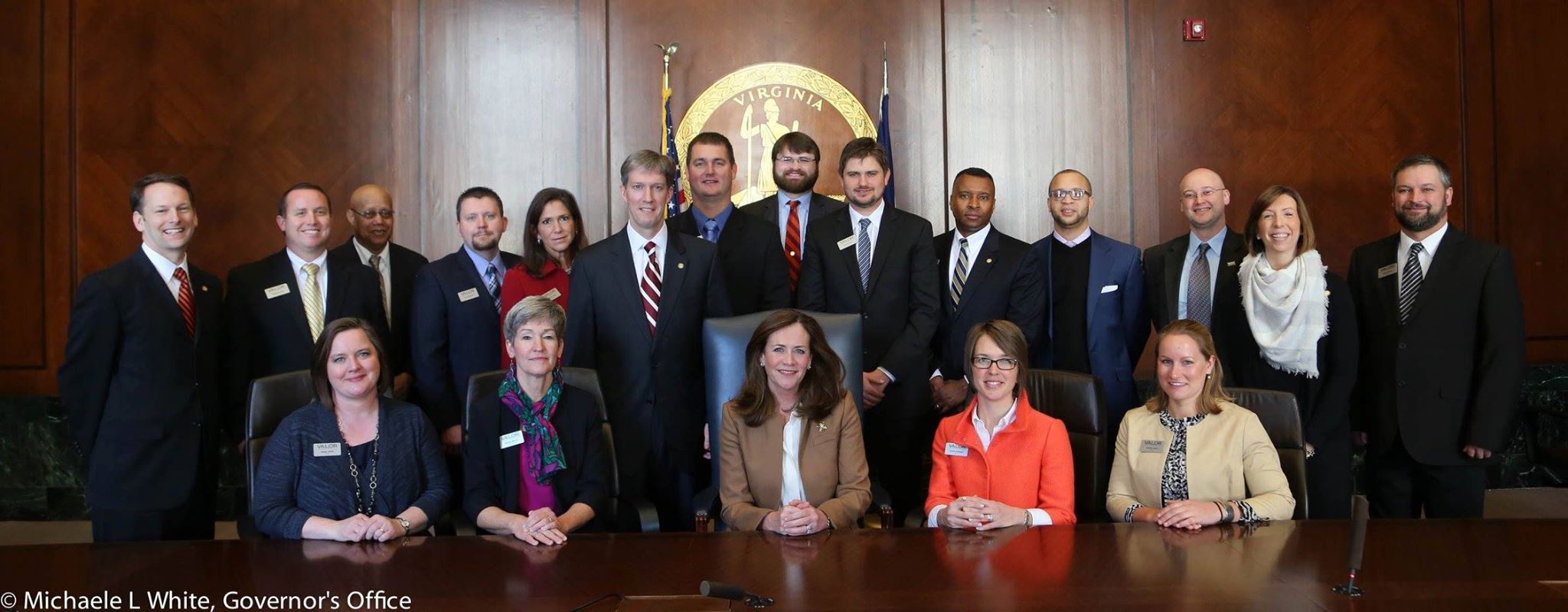 The First Lady began the discussion with thoughts on hunger and food access for individuals and households across the state. She focused on the creation of the Commonwealth Council on Bridging the Nutritional Divide, a statewide body formed to address three crucial objectives:
The First Lady began the discussion with thoughts on hunger and food access for individuals and households across the state. She focused on the creation of the Commonwealth Council on Bridging the Nutritional Divide, a statewide body formed to address three crucial objectives:
- Eliminate childhood hunger in Virginia by increasing participation in nutrition assistance programs;
- Promote Virginia’s leading industry – agriculture – and increase access to affordable, healthy, and local foods;
- Facilitate efficient and effective local initiatives related to community nutrition, food access, and health strategies and programs across the Commonwealth. (4)
The First Lady stressed the importance of full community awareness in relation to hunger; emphasizing we need to utilize our current resources as best possible while implementing creative and necessary solutions to eliminate hunger in our communities. The staggering statistic of 15.8 million hungry children nationwide can be overwhelming, but when I bring it into the context of my community and think about what 1 in every 6 children means in my child’s kindergarten class – statistics become much more manageable. I see faces and think of families, and I am motivated to action.
As a teacher, I could slip snacks into bookbags, or get a little extra food on a certain kid’s tray. Now that I am out of the school system and working with Virginia Cooperative Extension, I’m challenged by the First Lady’s message to make my work in agriculture count for my fellow Virginian’s – and especially for the children.
References:
(1) No Kid Hungry. Retrieved February 20, 2015 from http://va.nokidhungry.org/hunger-virginia
(2) Feeding America. Retrieved February 20, 2015 from http://www.feedingamerica.org/hunger-in-america/impact-of-hunger/hunger-and-poverty/hunger-and-poverty-fact-sheet.html
(3) Virginia Agriculture Leaders Obtaining Results, Virginia Tech. Retrieved February 20, 2015 from http://www.valor.alce.vt.edu/
(4) Virginia Bid Network. Retrieved February 20, 2015 from http://www.virginiabids.com/business-news/18376-council-on-bridging-the-nutritional-divide-established.html

